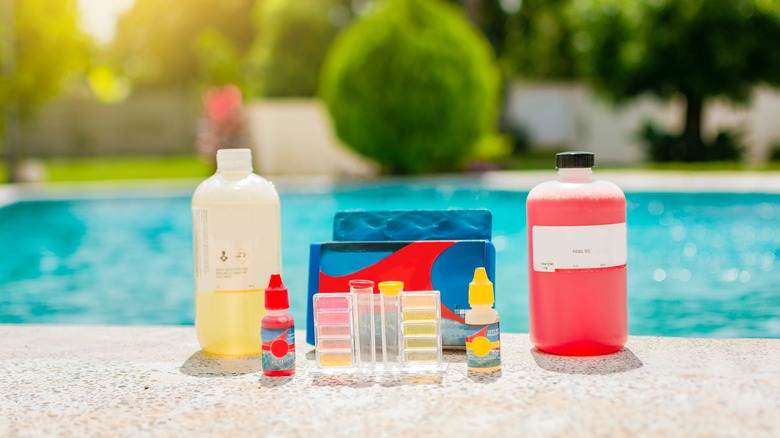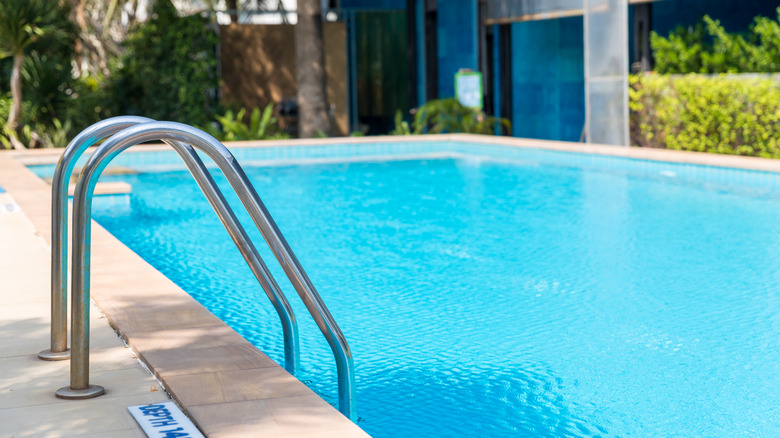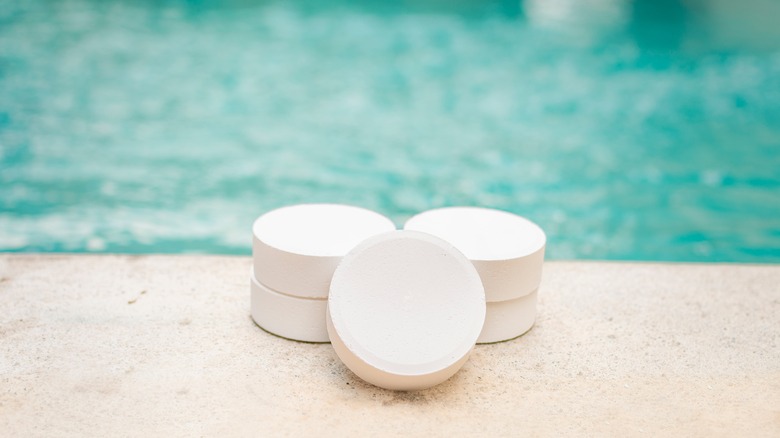How Often You Should Be Cleaning Your Pool
Having a pool in your backyard is wonderful. Nothing beats coming home from a long day of work and forgetting your troubles by the pool. And you can't forget the many benefits your body gets from swimming every day; that's just an added bonus.
One more benefit to having your own pool is that you get to avoid communal swimming pools and all the germs that come with them. If you don't have a pool yet, this next unpleasant statistic may have you itching to get one. A survey by the Water Quality & Health Council found that nearly 51% of Americans admitted to using a public pool as a substitute bathtub when they were in need of a shower.
To make sure your own pool stays free of germs and litter, keeping up with its cleanliness is a must. New pool owners may be tempted to do a thorough cleaning of their pool multiple times a day, but unless you're seeing algae growth, bubbles, and discolored water in your pool, it's okay to space out your cleanings (via Layor Care). In fact, knowing how often you should clean your pool will maximize your enjoyment of it and keep it safe for swimming.
Skim your pool daily, vacuum it every other day
The first thing anyone will see when they look at your pool is its surface. If it's cluttered with leaves, dirt, and other debris, no one's going to want to step foot in it. Plus, a dirty pool isn't much fun to look at. Matt Giovanisci of Swim University suggests pool owners make skimming a daily habit.
"To prevent debris from sinking to the bottom of your pool, skim the water daily," says Giovanisci. The reason isn't just for cosmetics, but to save you from having to do much more intense cleaning later. When debris sinks to the bottom of your pool, a simple skimmer isn't going to be able to scoop it up. While brushing the walls and other hard-to-reach areas of your pool should be done at least twice a week, only vacuuming will be able to properly clean the floor of a pool.
INYOpools recommends using a vacuum built for your pool type to clean the bottom of your pool. You can use a telescopic pole to extend your vacuum's reach.
Keep an eye on your pool's chlorine level
Chlorine is one powerful chemical every pool owner should know about. The sanitizing agent breaks down harmful bacteria and parasites that could be floating around your pool, and it helps to maintain your pool's pH level (via Poolonomics). It's also cheap, useful, and easy to find both in-stores and online. In short, chlorine is one of the main reasons your pool stays that amazing sparkling blue that instantly improves your mood, but adding too much of a good thing could be detrimental to your pool.
Chlorine can be dangerous when it comes in direct contact with our skin, per the Children's Skin Center. When it's diluted by water, chlorine is perfectly safe. But having too much chlorine in your pool could cause problems such as rashes and redness of skin. It's recommended you keep your chlorine level between 0.3 and 1.5 parts per million. You can do this by checking the level at least once per week.


